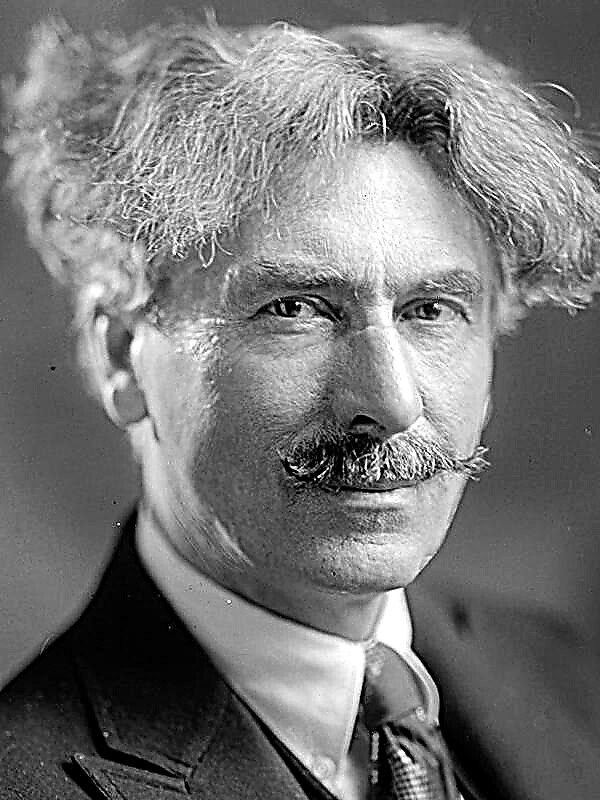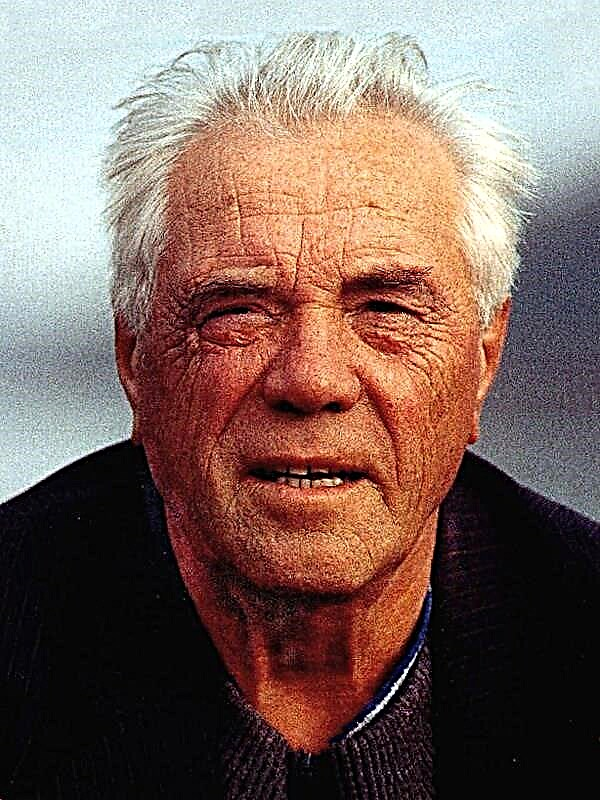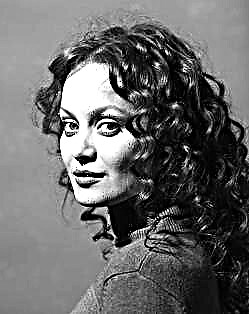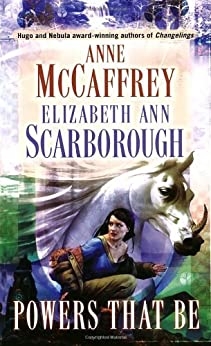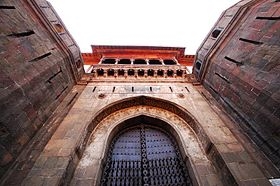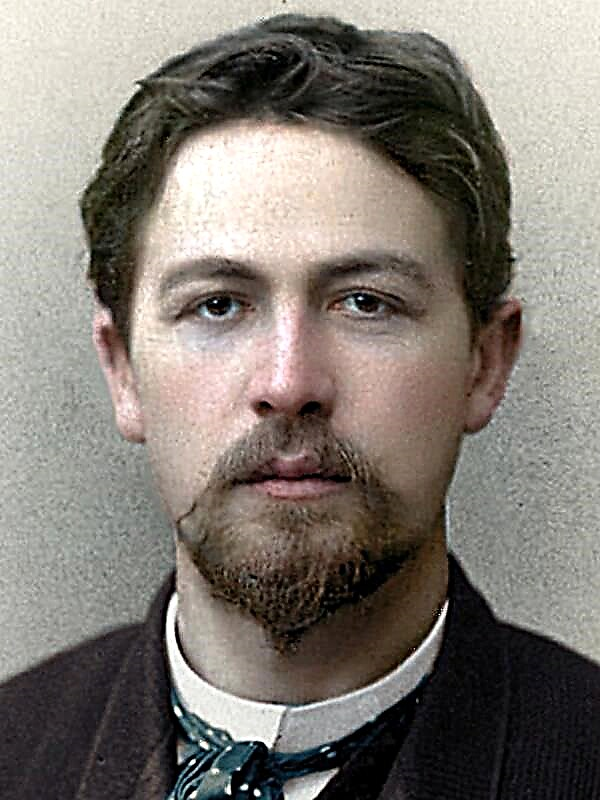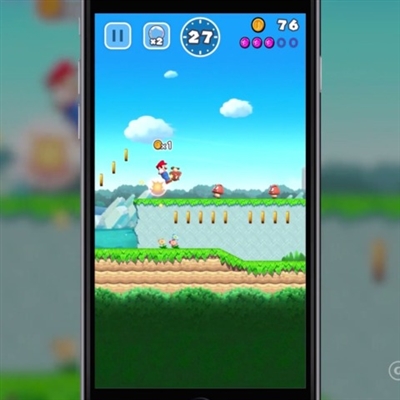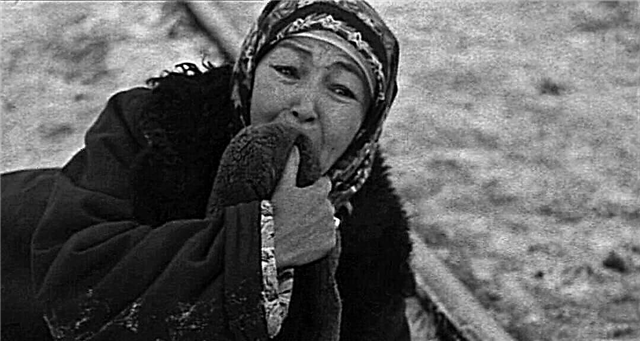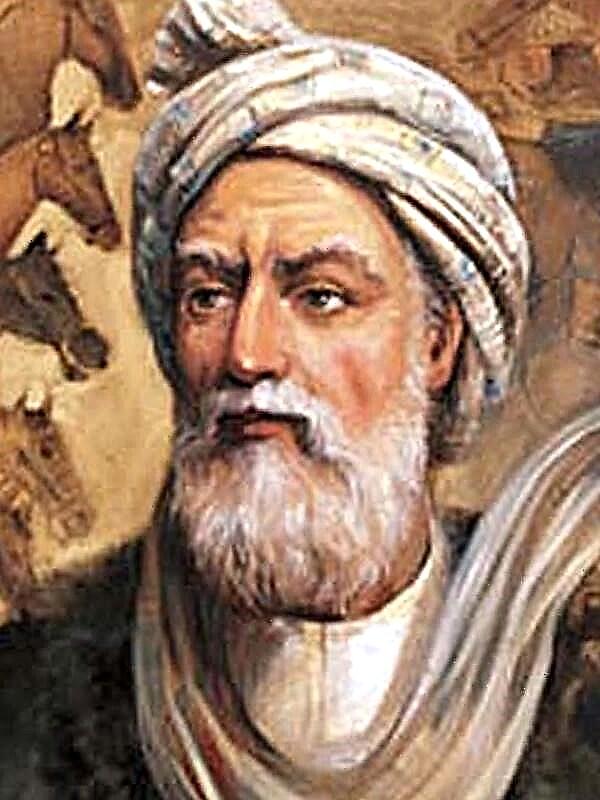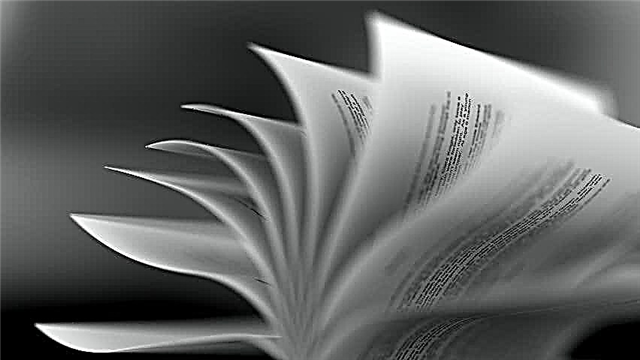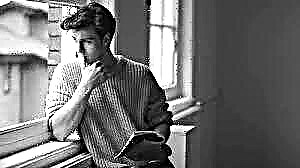At the beginning of the story, the narrator warns the reader that in his notes he will not adhere to any rules for creating a literary work, will not abide by the laws of the genre and adhere to chronology.
Tristram Shandy was born on November 5, 1718, but his misadventures, according to his own statement, began exactly nine months ago, during conception, since the mother, who knew about her father’s extraordinary punctuality, inquired at the most inopportune moment if he had forgotten to wind up the clock. The hero bitterly regrets that he was born "on our bastard and ill-fated land", and not on the moon or, say, on Venus. Tristram talks in detail about his family, claiming that all Shandy are eccentric. He devotes many pages to his uncle Toby, an indefatigable warrior whose oddities were the beginning of a wound in his groin that he received during the siege of Namur. This gentleman for four years could not recover from his injury. He got the card of Namur and, without getting out of bed, played out all the vicissitudes of the battle fatal for him. His servant Trim, a former corporal, invited the owner to go to the village, where he owned several acres of land, and to erect all the fortifications on the ground, in the presence of which the uncle's hobby would have gained greater opportunities.
Shandy describes the story of her birth, while referring to her mother’s marriage contract, under which the child must certainly be born in the village, on the Shendihall estate, and not in London, where experienced doctors could help a woman in labor. This played a large role in the life of Tristram and, in particular, was reflected in the shape of his nose. Just in case, the father of the unborn child invites the village doctor Elephant to his wife. While the birth is taking place, three men - Shandy's father, William, Uncle Toby and the doctor are sitting down by the fireplace and discussing a variety of topics. Leaving the gentlemen to talk, the narrator again proceeds to describe the eccentricities of his family members. His father held extraordinary and eccentric views on dozens of things. For example, he was addicted to some Christian names with the complete rejection of others. The name Tristram was especially hated for him. Having taken care of the upcoming birth of his offspring, the venerable gentleman carefully studied the literature on obstetric aid and made sure that in the usual way of birth, the cerebellum of the child suffers, namely, in his opinion, is located “the main sensorium or the main apartment of the soul”. Thus, he sees the best solution in Caesarean section, citing as an example Julius Caesar, Scipio Africanus and other prominent figures. His wife, however, was of a different opinion.
Dr. Slop sent Obadiah the servant for medical instruments, but, being afraid to lose them on the road, he tied the bag so tightly that when they were needed and the bag was finally untied, obstetric forceps were placed on Uncle Toby’s hand in the confusion, and his brother rejoiced that the first experiment was not done on the head of his child.
Distracting from the description of his laborious birth, Shandy returns to Uncle Toby and the fortifications erected with Corporal Trim in the village. Walking with his girlfriend and showing her these wonderful buildings, Trim stumbled and, pulling Brigitte with him, with all the weight fell on the drawbridge, which immediately fell to pieces. All day, uncle ponders the construction of a new bridge. And when Trim entered the room and said that Dr. Slip was busy making a bridge in the kitchen, Uncle Toby imagined that it was a destroyed military facility. What was William Shandy’s grief when it turned out that this was a “bridge” for the nose of the newborn, to which the doctor flattened it into a cake with his tools. In this regard, Shandy reflects on the size of the noses, since the dogma of the advantage of long noses over short ones has been rooted in their family for three generations. Shandy's father reads classic writers mentioning noses. Here is the story Slokenbergia translated by him. It tells how a stranger once arrived in Strasbourg on a mule, who struck everyone with the size of his nose. Citizens argue about what it is made of, and strive to touch it. The stranger reports that he visited Cape Nosov and obtained one of the most outstanding specimens that have ever been delivered to a man. When the turmoil in the city ended and everyone lay down in their beds, Queen Mab took the stranger's nose and divided it into all the inhabitants of Strasbourg, as a result of which Alsace became the possession of France.
The Shandy family, fearing that the newborn will give his soul to God, hurries to christen him. Father chooses the name Trismegistus for him. But the servant carrying the child to the priest forgets such a difficult word, and the child is mistakenly called Tristram. Father in indescribable grief: as you know, this name was especially hated for him. Together with his brother and priest, he goes to a certain Didi, an authority in the field of church law, to consult on whether it is possible to change the situation. The priests argue among themselves, but in the end they conclude that this is impossible.
The hero receives a letter about the death of his older brother Bobby. He reflects on how different historical figures experienced the death of their children. When Mark Tullius Cicero lost his daughter, he mourned her bitterly, but, plunging into the world of philosophy, he found that so many wonderful things can be said about death, that it gives him joy. Shandy's father was also prone to philosophy and eloquence and consoled himself with this.
Priest Yorick, a family friend who has long served in the area, visits Father Shandy, who complains that it is difficult for Tristram to perform religious rites. They discuss the issue of the basis of relations between father and son, according to which the father acquires the right and power over him, and the problem of further education of Tristram. Uncle Toby recommends a young Lefebvre to the tutor and tells his story. One evening, Uncle Toby was sitting at dinner, when suddenly the owner of a village hotel entered the room. He asked for a glass or two of wine for one poor gentleman, Lieutenant Lefebvre, who fell ill a few days ago. With Lefebvre was a son of about eleven or twelve. Uncle Toby decided to visit the gentleman and found out that he served with him in the same regiment. When Lefebvre died, Uncle Toby buried him with military honors and took custody of the boy. He gave it to a public school, and then, when young Azevre asked for permission to try his luck in the war with the Turks, he handed him the sword of his father and broke up with him as with his own son. But the young man began to pursue failure, he lost both his health and his service - everything except his sword, and returned to Uncle Toby. This happened just when Tristram was looking for a mentor.
The narrator returns to Uncle Toby again and talks about how an uncle, who had been afraid of women all his life — partly because of his injury — fell in love with Mrs. Wodman's widow.
Tristram Shandy goes on a trip to the continent, on the way from Dover to Calais, he suffers from seasickness. Describing the sights of Calais, he calls the city "the key of the two kingdoms." Further, his path follows through Boulogne and Montreux. And if in Boulogne nothing attracts the attention of a traveler, then the only attraction of Montrey is the daughter of the innkeeper. Finally, Shandy arrives in Paris and reads the inscription on the portico of the Louvre: "There is no such people in the world, no people have a city equal to this." Reflecting on where they travel faster - in France or in England, he cannot help but tell a joke about how abbess Anduite and young novice Margarita traveled into the water, having lost mule drovers along the way.
Having passed several cities, Shandy finds himself in Lyon, where he is going to inspect the clock tower mechanism and visit the Jesuit Great Library to familiarize himself with the thirty-volume history of China, while admitting that he does not understand anything either in clockwork or in Chinese. His attention is also attracted by the tomb of two lovers separated by cruel parents. Amandus was captured by the Turks and taken to the court of the Moroccan emperor, where the princess falls in love with him and languishes him for twenty years in prison for his love of Amanda. Amanda, at this time, barefoot and with her hair loose, wanders through the mountains, looking for Amandus. But one night, an incident leads them at the same time to the gates of Lyon. They rush into each other's arms and fall dead with joy. When Shandy, touched by the history of her lovers, gets to the place of their tomb in order to irrigate her with tears, it turns out that such a thing no longer exists.
Shandy, wanting to bring the last ups and downs of her voyage into travel notes, reaches into his camisole pocket for them and discovers that they have been stolen. Loudly appealing to everyone around him, he compares himself to Sancho Pansa, who cried out on the occasion of the loss of the harness of his donkey. Finally, torn notes are found on the head of the carriage's wife in the form of papillots.
Driving through Aangedok, Shandy is convinced of the lively ease of the locals. Dancing peasants invite him to their company. “After dancing through Narbonne, Carcassonne and Castelnodarn,” he takes a pen to go back to Uncle Toby's love affairs. The following is a detailed description of the methods by which the widow Wodman finally conquers his heart. Shandy's father, who was famous for being a connoisseur of women, writes a letter of instruction to his brother about the nature of the female sex, and Corporal Trim, in this connection, tells the owner about his brother’s romance with the widow of a Jewish sausage maker. The novel ends with a lively conversation about the bull of Obadiah's servant, and to the question of Shandy's mother: “What story are they telling?” Yorik replies: "About the White Bull, and one of the best that I have ever heard."

